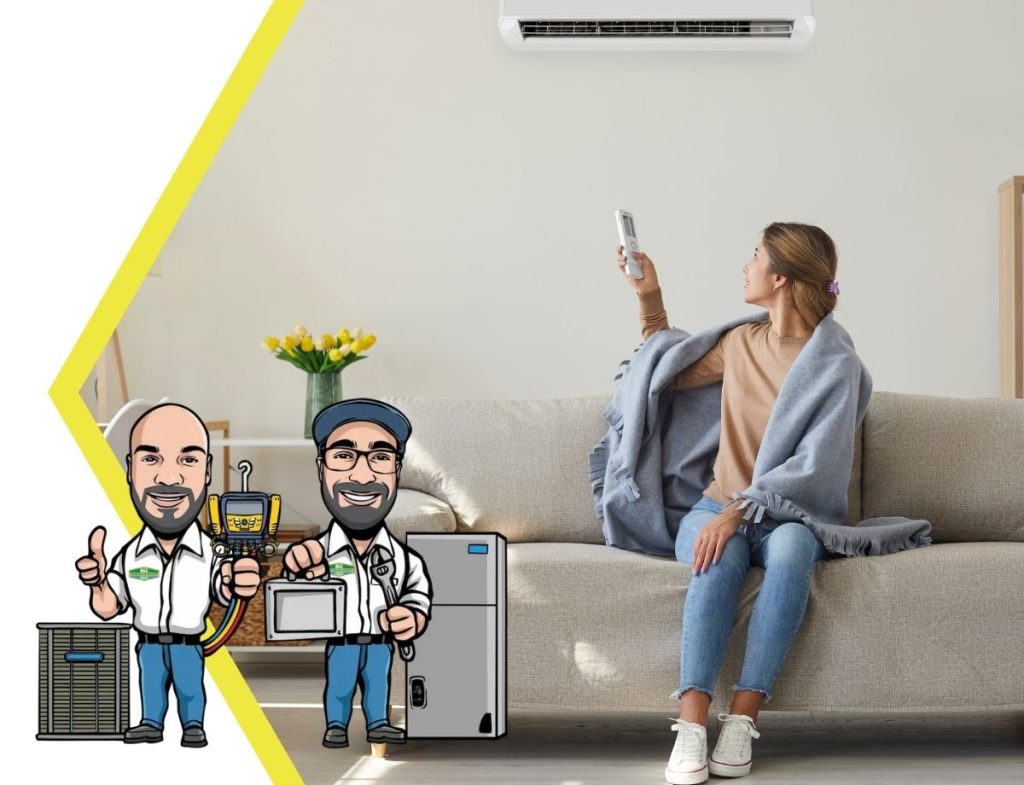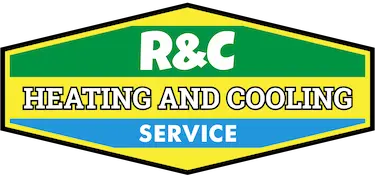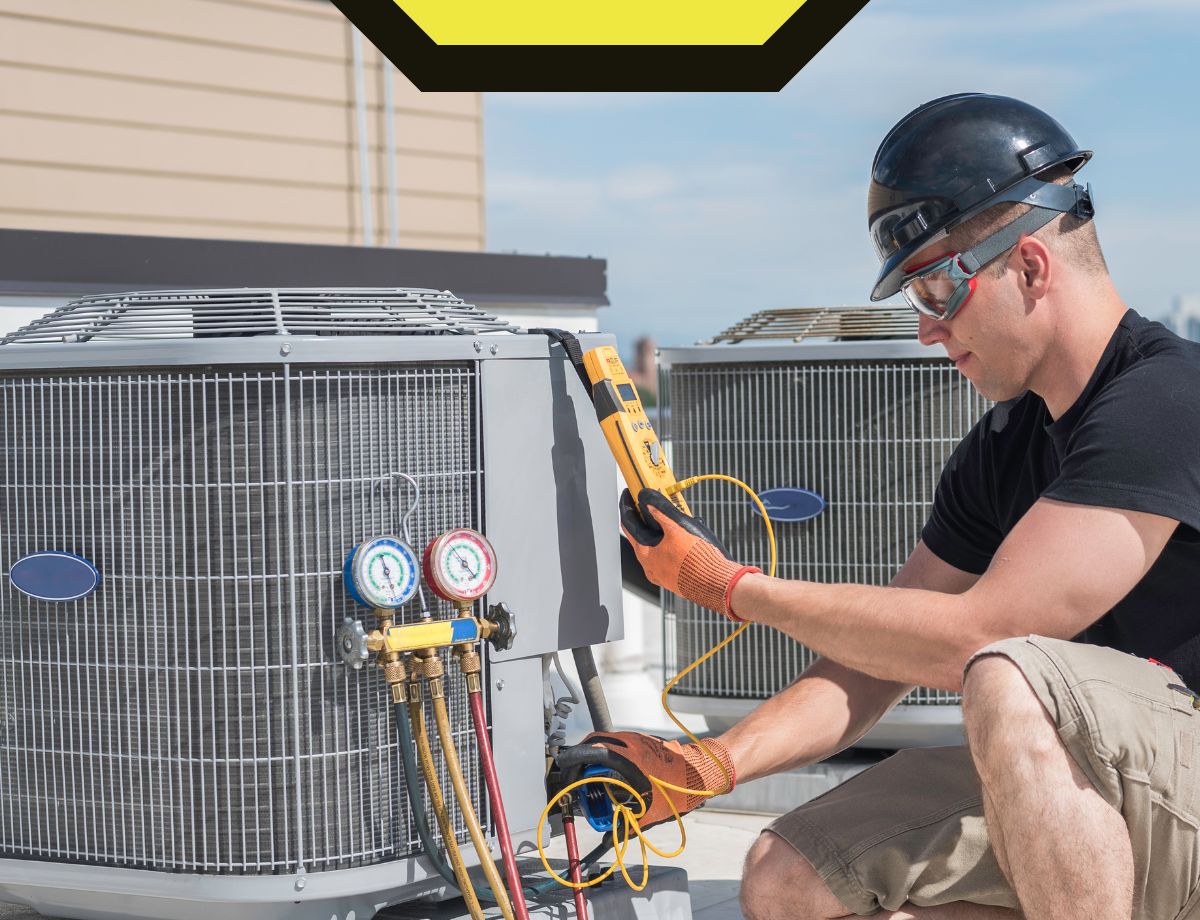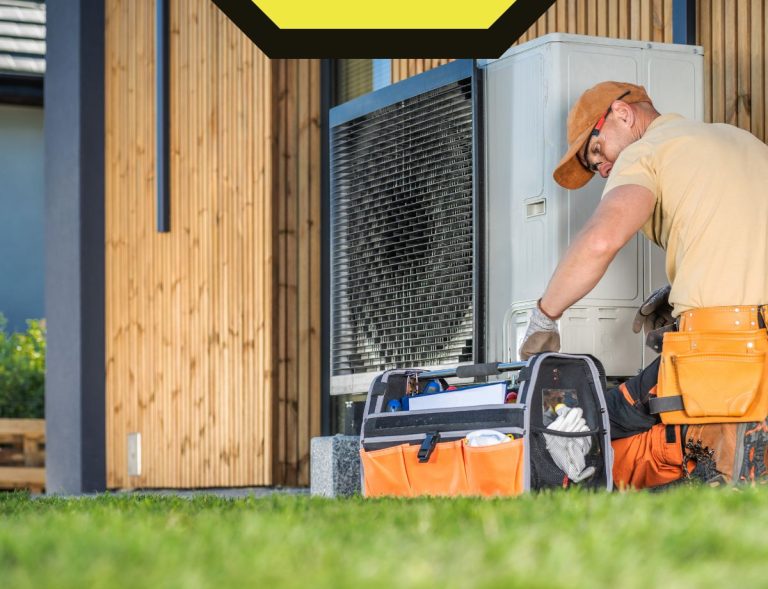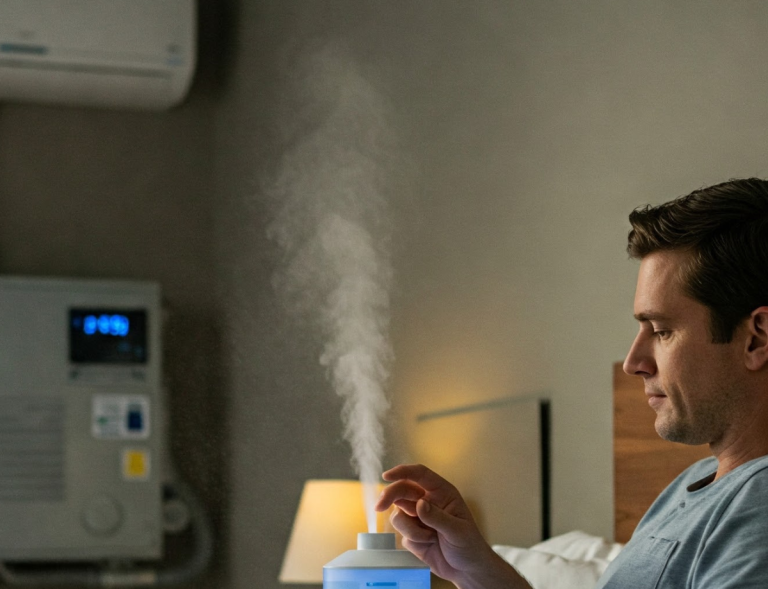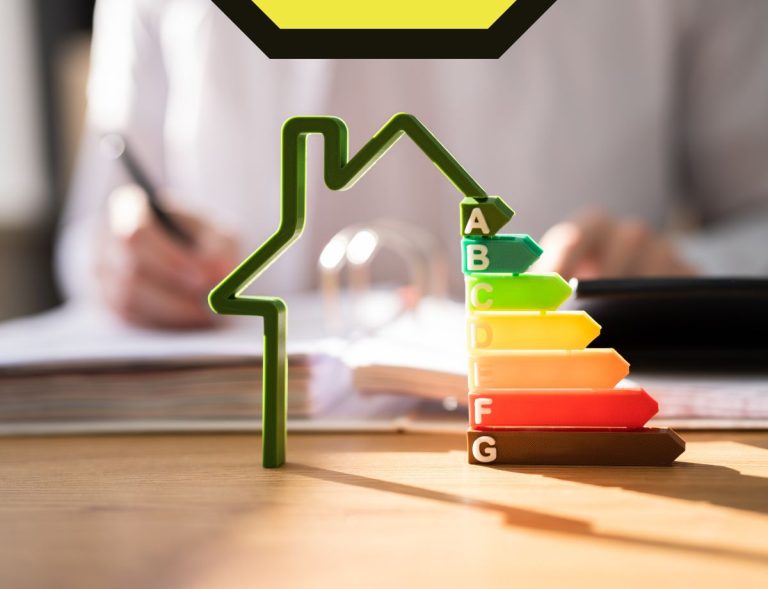Why Does Your HVAC Fail at the Most Critical Moments? Tips for Detecting Issues Early.
This article highlights the importance of maintaining your HVAC system to prevent failures during extreme weather, when it’s needed the most. You’ll learn about common causes of breakdowns, as well as discover practical tips for detecting problems early. We offer a list of preventive measures to help you avoid these common household mistakes.
we can keep your home comfortable year-round!
Table of Contents
Introduction
The HVAC system (Heating, Ventilation, and Air Conditioning) is the heart of comfort in any home or business. Its function is to maintain a pleasant temperature and optimal indoor air quality, especially during the extreme summer and winter conditions. However, many users face the problem of their HVAC system failing at the worst possible time: right when it’s needed the most.
Why does this happen? The answer is often related to insufficient maintenance or the inability to identify minor issues before they become major problems. In this article, we will explore how to detect warning signs, what preventive actions to take, and why acting on time can save you costly repairs and frustrations.
Common Reasons for Failures at Critical Moments
Lack of Regular Maintenance
Poor maintenance is the leading cause of HVAC system failures. Dirty air filters, clogged coils, and dusty ducts can force the system to work harder than necessary, leading to premature wear of components.
System Overload
During summer or winter, the HVAC system operates at full capacity to maintain a comfortable environment. This can overload mechanical and electrical components, especially if the system already has worn parts.
Worn Parts
Over time, components such as fans, motors, and belts deteriorate. These parts tend to fail when the system is subjected to intensive use.
Electrical Issues
Burnt fuses, loose connections, or wiring problems can cause disruptions in the system’s operation.
Thermostat Errors
A miscalibrated, damaged, or dead-battery thermostat can send incorrect signals to the system, causing it not to function properly.
Warning Signs Before a Breakdown
An HVAC system rarely fails without giving some kind of warning. Here are the most common signs that something isn’t working right:
Unusual Noises
If you hear banging, squealing, or vibrations, it’s likely that loose parts, worn belts, or serious mechanical issues are present.
Temperature Fluctuations
If some rooms are colder or hotter than others, it could be a sign of airflow or thermostat issues.
Increase in Energy Bills
A system that consumes more energy than usual to achieve the same results is a clear sign of inefficiency.
Frequent On and Off Cycles
This behavior could indicate a problem with the thermostat or a system struggling to maintain the desired temperature.
Bad Odors
A burnt smell could be a sign of an electrical problem, while a musty smell may indicate condensation or issues in the air ducts.
Tips for Detecting Problems Early
Visual Inspection of the System
Check the air filters, coils, and visible connections of the system. A dirty filter, for example, can seriously affect airflow and force the system to work harder.
Active Listening
Pay attention to unusual sounds. Banging or squealing noises are not only annoying but often the first indication that something is wrong.
Thermostat Check
Ensure it’s set correctly and verify the batteries are working. A defective thermostat can throw off the entire system.
Monitor Energy Bills
If you notice an unexplained increase in your energy costs, it could indicate that the system is not operating efficiently.
The Importance of Preventive Maintenance
Performing preventive maintenance is not just a good practice; it is essential for ensuring the durability and efficiency of your HVAC system. A regular maintenance schedule, at least twice a year, can:
-
- Identify and resolve minor issues before they become major failures.
-
- Improve the system’s energy efficiency.
-
- Extend the lifespan of the equipment.
A professional technician can clean, adjust, and repair necessary parts, ensuring that your system operates optimally even in extreme conditions.
What to Do in Case of a Failure
If your HVAC system fails, the first thing you should do is turn it off to prevent further damage. Then, follow these steps:
Contact a Specialized Technician
Avoid attempting to repair it yourself, as you could make the problem worse.
Provide Details to the Technician
Describe symptoms such as noises, odors, or temperature fluctuations. This will help speed up the diagnosis.
Request a Full Evaluation
Ensure they check not only the immediate issue but also potential underlying causes.
Conclusion
The key to preventing your HVAC system from failing at critical moments is early detection and regular maintenance. Paying attention to warning signs and acting promptly can save you money, time, and frustration.
A well-maintained HVAC system not only guarantees your comfort but also your peace of mind. Don’t wait until it’s too late! Contact professionals for preventive maintenance and ensure your system operates smoothly throughout the year.
AC Tune-Up
R&C Heating and Cooling Service HVAC technicians prioritize your family’s comfort and air quality, handling all your climate control needs, from AC tune-ups to repairs.
